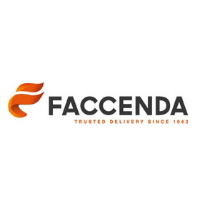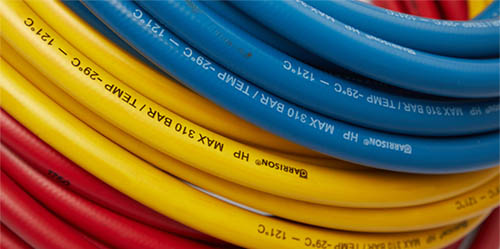One of Europe’s leading food processors, ABP Food Group provides quality beef to thousands of customers across the world.
Since the opening of the Doncaster factory in 2004, the factory has seen incredible expansion in its production areas and capacity.
By late 2019, the factory hygiene teams experienced issues with their original washdown and chemical systems and FoodClean was asked to assist.
FoodClean conducted a full site survey and observed that as more operators were calling for rinse and chemical, water pressure dropped which caused frustration in the team and the cleaning operation ended up taking longer, using more water.
As well as the above, the central detergent systems had become obsolete and unreliable. Chemical concentrations were fluctuating, and the systems would run out of capacity resulting in either too much or too little chemical in the factory.
On a survey of the existing pipework and systems, FoodClean estimated from the survey of the existing pipework and systems, that an increase in the capacity of the washdown systems could be achieved without the expense of pipework upgrades. FoodClean recommended the FoodClean PowerBoost and ChemFlow systems.
A year on from the upgrade, ABP has reported excellent improvements from the FoodClean systems.
With the upgraded FoodClean PowerBoost, ABP’s hygiene team now has an excellent supply of full-pressure rinse water meaning the team can rinse down much more effectively and efficiently. Despite the new PowerBoost being a larger model, because of the controls inbuilt to the unit, electricity consumption has dropped, and reliability has improved.
Alongside the above, since ABP has been using the FoodClean ChemFlow system, chemical consumption is now consistent and accurate. This has meant a significant reduction in chemical use, but at the same time a very healthy improvement in hygiene, meaning ABP has even been able to reduce the parameters for ‘pass’ & ‘fail’. Due to the fact that environment swabs have become consistently excellent, ABP has been able to reduce the regularity of testing – another labour saving and time saving benefit.
![]()






